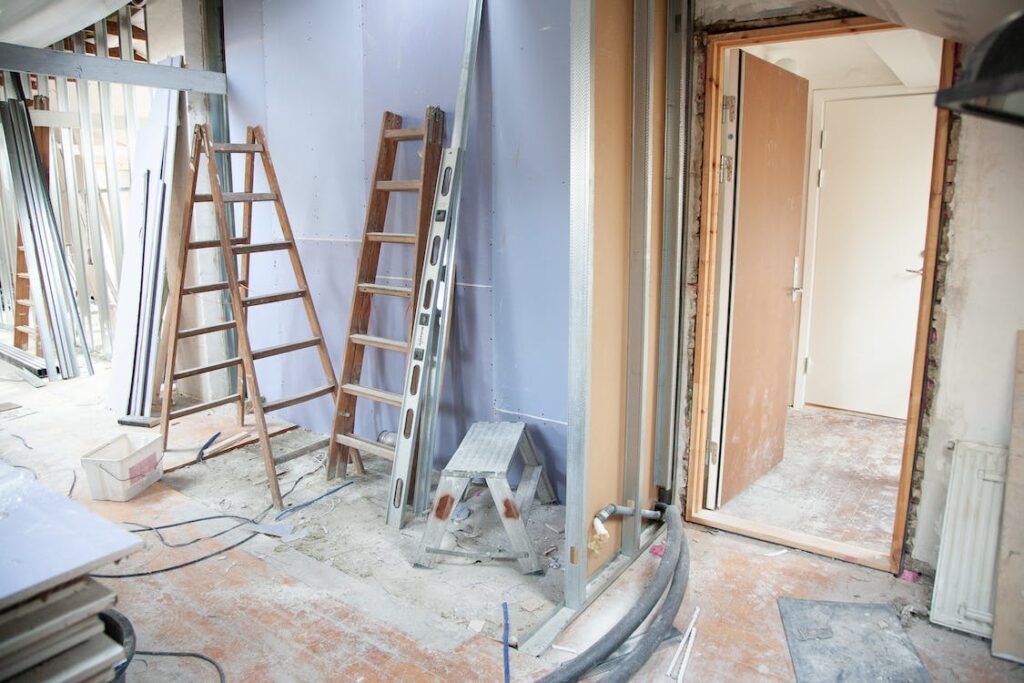Securing Home Improvement Funds: Navigating Government Grant Options
Home improvements and necessary repairs can be both essential and burdensome, especially when it comes to the financial aspects. If your home requires renovations or repairs to remove health or safety hazards, you may want to consider exploring government-sponsored home improvement grants, commonly referred to as home repair grants. These grants can be a fantastic resource to finance your home improvement project, although not everyone will qualify, and there may be strict criteria to meet. Below, we’ll dive into the details of these grants, from eligibility to application, and other alternative financing methods available to homeowners.
What are Grants for Home Improvements?
A grant is a unique form of financial aid that doesn’t require repayment. Various government levels, including federal, state, and local entities, may issue these grants if you meet the specific criteria.
These grants, however, are not limitless in their application. They aren’t meant for aesthetic enhancements like cosmetic home improvements. Instead, the money is earmarked for repairing health and safety hazards or making homes more accessible for individuals with disabilities.
Because tax revenues fund these government grants, they often come with strict rules and audit procedures. Competition for grants is common, and qualifying doesn’t guarantee receiving the funds. If this is an option you are considering, it’s advisable to apply as soon as possible.
Who is Eligible for Home Improvement Grants?
Different home improvement grant programs have varying eligibility requirements. Here are some examples:
- USDA Rural Development: This arm of the U.S. Department of Agriculture offers grants to homeowners who meet specific criteria such as ownership and occupation of the home, income limitations, age of at least 62 years, and inability to gain approval for affordable credit elsewhere. A lifetime maximum of $7,500 is available to eligible individuals.
- U.S. Department of Housing and Urban Development (HUD): Through the HOME Investment Partnerships Program, HUD offers grants for low-income people for emergency repairs, improvements against weather, or handicap accessibility. Some grants may even cover increased interest payments for home repair loans.
How to Apply for Home Improvement Grants
Applying for these grants is usually done by contacting your local HUD office or visiting their website. They can provide information about available grants in your area.
The National Residential Improvement Association (NRIA) is another resource to find free home repair grants. They offer a questionnaire to help determine your eligibility for various financial aid.
When applying, be prepared to share personal information and necessary documentation. This may include income details, proof of assets, employment, disability documents, or membership in recognized American Indian tribes.
Types of Home Improvement Grants
Several grants cater to different needs and populations:
- The Home Investment Partnerships Program: This HUD program aids in creating affordable housing options for low-income households.
- Section 504 Home Repair Program: It offers loans and grants to low-income and elderly homeowners for repairs or modernizations.
- Native American Housing Improvement Program: This program provides up to $60,000 for renovations and repairs.
- Area Agency On Aging: Aimed at senior citizens, this program varies by state and county and helps make homes more livable.
Home Improvement Grants for Veterans
Veterans also have special grants tailored to their needs:
- VA Specially Adapted Housing Grant: For veterans with service-connected disabilities, this grant aids in building, remodeling, or buying an adapted home.
- Temporary Residence Adaptation Grant: For veterans temporarily living in a family member’s home, these grants help with necessary modifications.
Other Financial Assistance for Homeowners
If you’re not eligible for grants, other alternatives include:
- Low-cost loans: Organizations like USDA and HUD offer affordable loans.
- Tax credits: Certain tax deductions might apply when you sell your home or make improvements to a home office.
- Cash-out refinance: This option allows you to use home equity for improvements.
- Weatherization Assistance Programs: These grants, administered by the U.S. Department of Energy, help in improving home energy efficiency.
Home improvement projects don’t have to be a financial strain. With various grant programs and alternative financing methods, homeowners can find the right solution to make necessary improvements or renovations. Whether you qualify for a government grant or need to explore other financing options, the available resources can make home improvements more accessible and less burdensome. Understanding these options can help you make informed decisions to enhance your living space and improve safety and comfort in your home.






